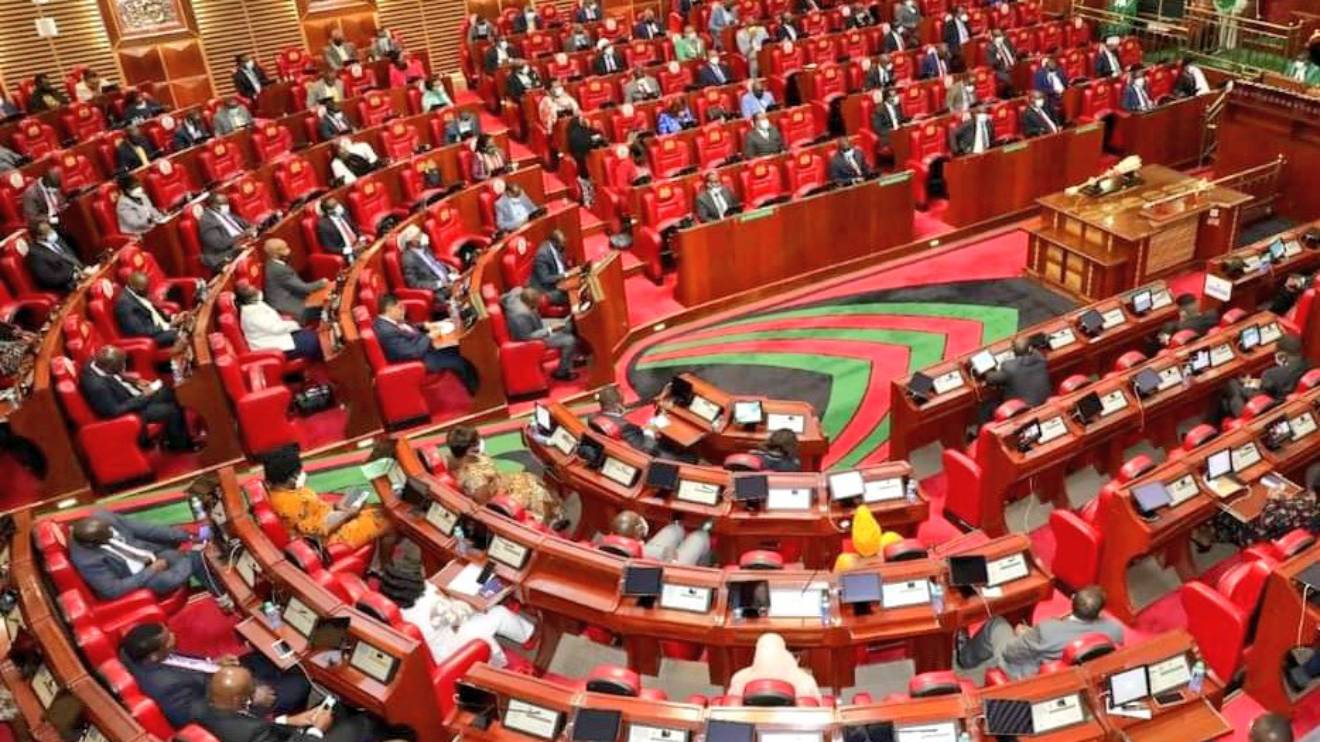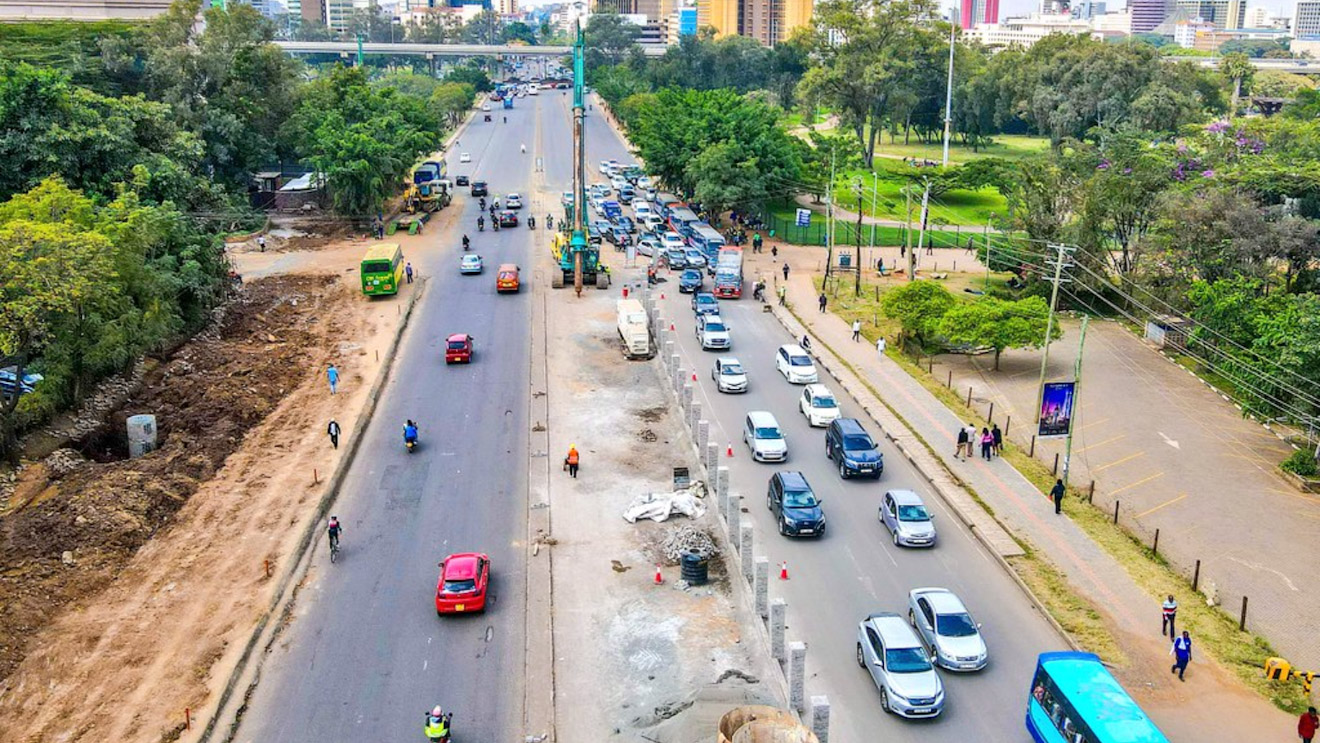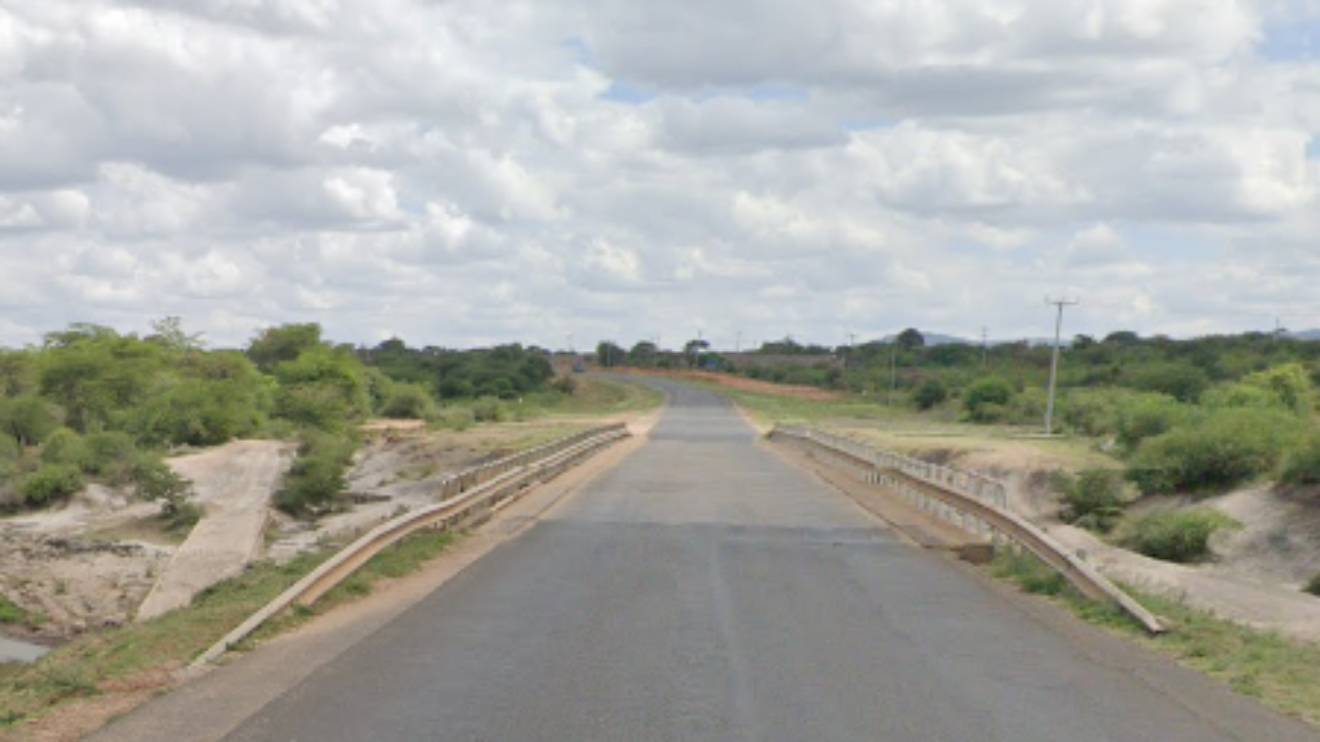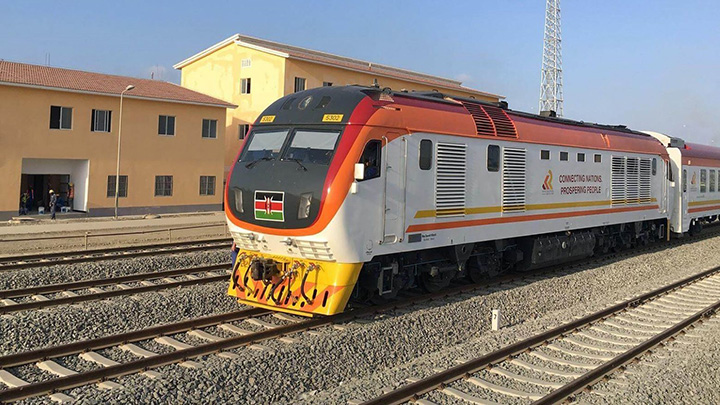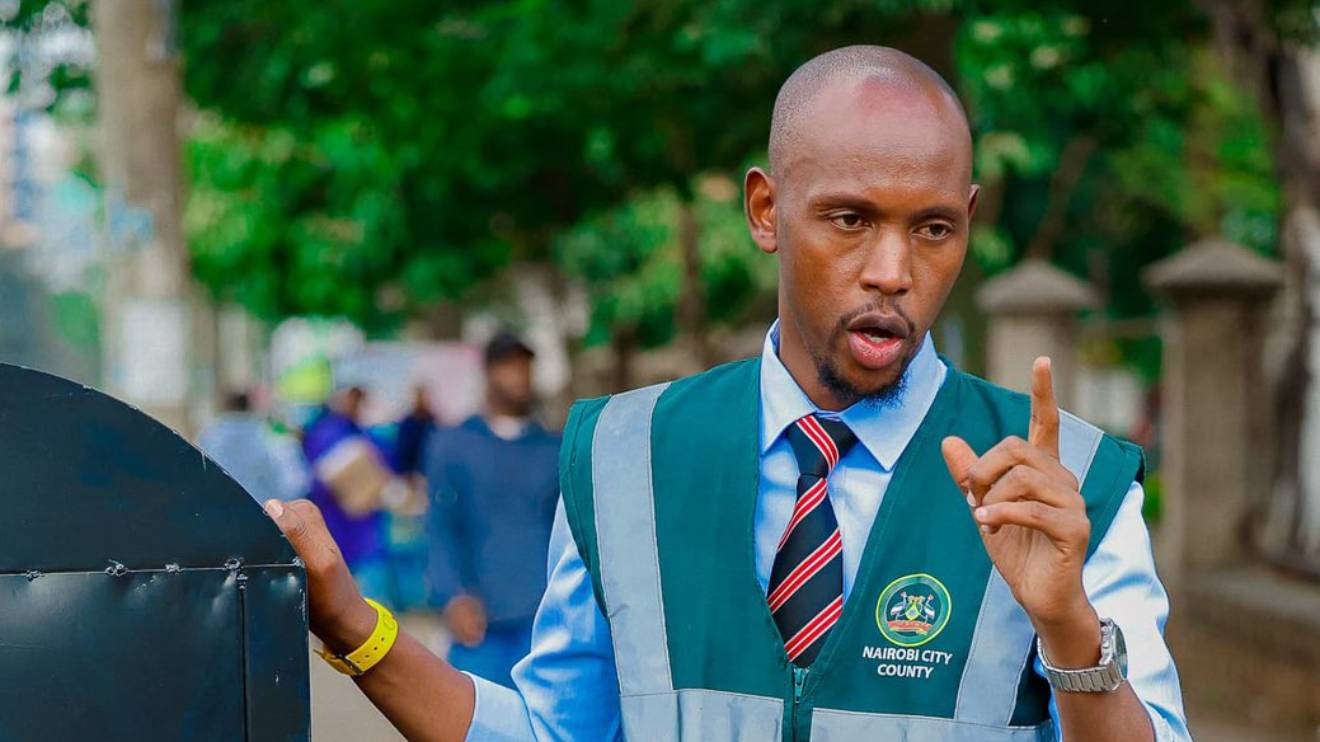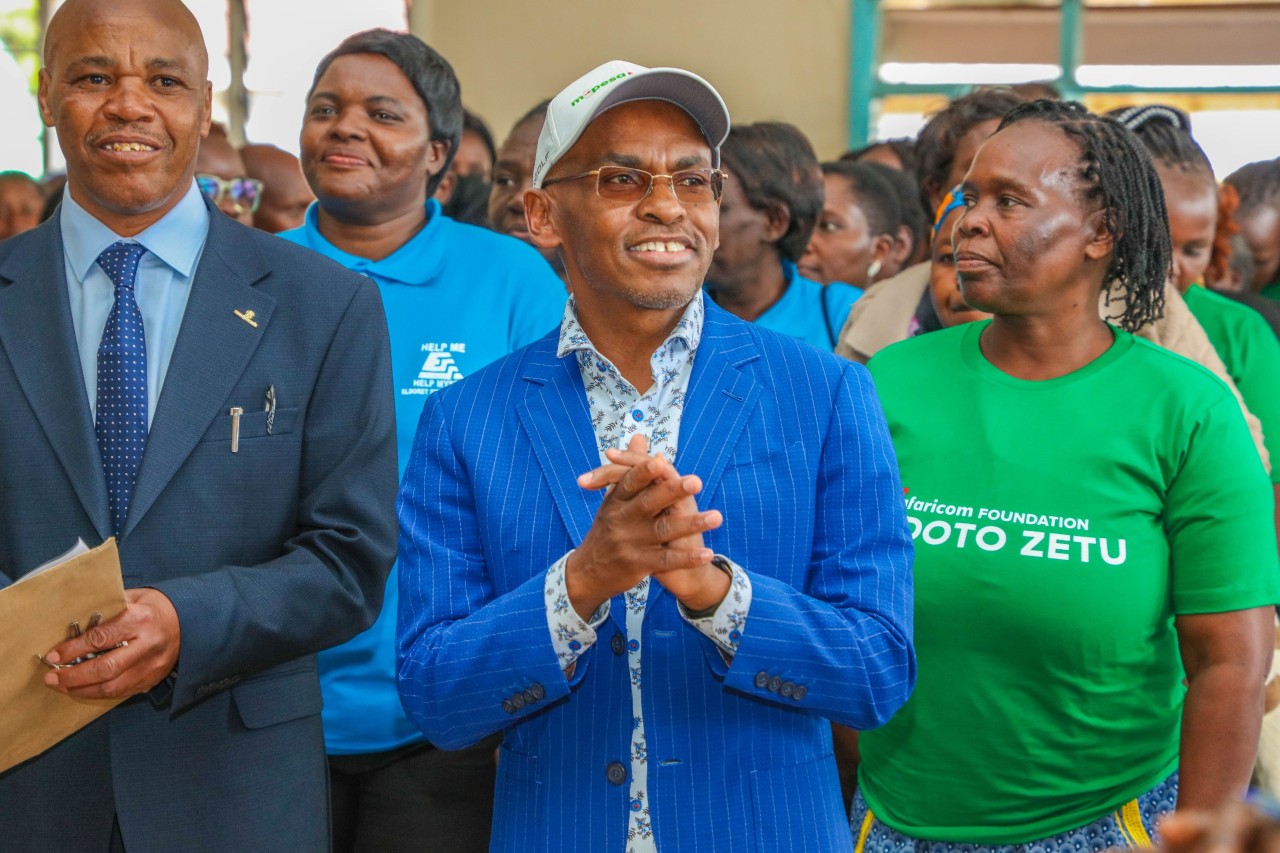The government’s latest budget revisions will hand the Directorate of Criminal Investigations a Sh150 million windfall to deploy a high-tech social media monitoring system, even as vital services like education and disability support suffer heavy financial cuts.
This proposal is part of the Budget and Appropriations Committee’s final recommendations, which have pushed the national government's spending plan for the 2025–2026 financial year to Sh2.54 trillion.
According to the committee, Sh50 million will be used to purchase the Optimus 3.0 surveillance equipment, while an extra Sh100 million is allocated under the item “DCI forensic lab OPTIMUS 3.0 Social Media.”
Experts say the Optimus 3.0 system can “track social media users in the country, fetching identities of users across different platforms and establishing who is posting what, where, and using what gadgets, traceable through connection data.”
But the rebalancing act has not been without casualties. The National Fund for the Disabled of Kenya has lost Sh400 million from its capital transfers, after the committee diverted a portion of development funds from the Office of the President to cater for other administrative needs.
Read More
Among them is a Sh44 million allocation flagged for “replacing the old fleet of motor vehicles for chief of staff and the head of public service.”
The committee, chaired by Sam Atandi, said these amendments followed extensive engagements with government ministries and agencies.
While the overall increase to the national government’s budget is just Sh33 billion, internal reallocations have redirected money away from social sectors to security and executive operations.
One of the biggest financial winners is the Ministry of Defence, whose budget has now climbed to Sh213 billion—its highest in history.
The additional Sh13 billion includes Sh2 billion for new recruitment, Sh5 billion to sustain KDF operations in Somalia, and Sh6 billion tagged for other security missions.
The National Police Service will also receive a significant boost, with Sh1.8 billion set aside for recurrent spending.
Of this, Sh800 million is earmarked for the Inspector General’s office, while Sh60 million will support the Deputy Inspector General in charge of the Administration Police.
Meanwhile, the Office of the Deputy President will now operate on a budget of Sh3.07 billion, following an increase of Sh150 million in operational costs.
The Office of the President has had its own budget adjusted upward by Sh455 million, pushing the total recurrent expenditure to Sh5.37 billion. However, this comes with a Sh550 million cut to the development segment.
The Government Printer is also due for a Sh123 million upgrade to acquire modern equipment.
The education sector, however, has not fared as well. University allocations have shrunk by Sh920 million. Primary education funding has fallen by Sh405 million.
Most severely, secondary education is expected to lose Sh4 billion in total, including a Sh5 billion combined reduction in capitation for both secondary and junior secondary levels.
The Teachers Service Commission will see a net drop of Sh570 million, with teacher training and professional development efforts taking a Sh620 million hit.
The National Assembly will debate these proposals before they are adopted as the final foundation for Treasury Cabinet Secretary Mbadi’s budget statement, expected later this week.
As the National Assembly prepares to debate the proposed estimates, attention is likely to focus on the shifting priorities revealed by the reallocation, bolstering security and surveillance at the expense of education and social welfare.
The final vote will determine whether these changes stand as the foundation for Kenya’s financial roadmap in the year ahead.

